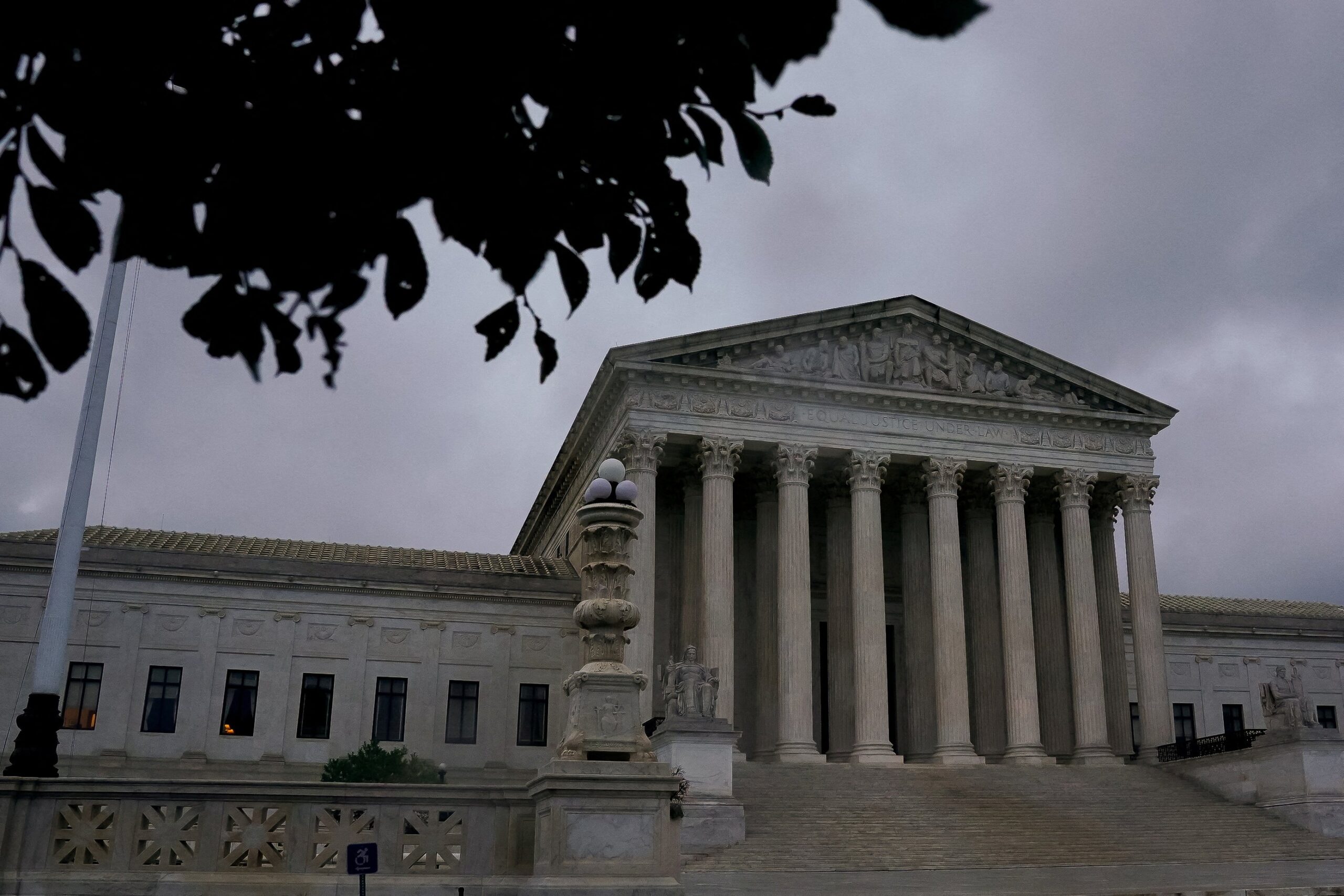
WASHINGTON — The Supreme Court on April 6 declined to take up a request by West Virginia to allow it to enforce its 2021 law banning transgender girls from playing on girls’ sport teams in public high schools and colleges while a challenge to that law remains in the lower courts.
The court’s brief unsigned order cleared the way for the 12-year-old transgender girl who had challenged the state ban to compete on girls’ cross-country and track-and-field teams.
The athlete, along with family members, had sued West Virginia in federal court, claiming the state law requiring public schools to create sports teams based on sex assigned at birth violates the Constitution and federal law.
A federal district court sided with the state in early February but a few weeks later the U.S. Court of Appeals for the 4th Circuit put that ruling on hold allowing the student-athlete, Becky Pepper-Jackson, to try out for the teams. The state appealed this decision to the Supreme Court.
The appeal came to the emergency docket of the nation’s high court and the justices, in typical fashion for emergency cases, did not explain their decision not to take the case. Justices Samuel Alito and Clarence Thomas dissented.
Alito, in a two-page opinion joined by Thomas, said the case was an important one that the justices are “likely to be required to address in the near future.” He also complained that the federal court of appeals had not provided any explanation for its order barring enforcement of the law.
In the state’s argument to the Supreme Court, it said: “For as long as schools have offered sports teams, it has been the ‘norm’ to designate student-athletes to them by sex.” It added that without separation of the sexes in sports, “there is a substantial risk that boys would dominate the girls’ programs and deny them an equal opportunity to compete in interscholastic events.”
It also said that “biological differences between males and females matter in sports” and that separating teams by sex assigned at birth does not violate federal anti-discrimination laws or the Fourteenth Amendment guarantee to equal protection of the law.
In a related move April 6, the U.S. Department of Education announced a proposed change to Title IX, which prohibits sex-based discrimination in federally funded education programs. The proposal would make it illegal for schools to broadly ban transgender students from sports teams that align with their gender identity, rather than their assigned sex at birth.
In March, the leaders of two U.S. bishops’ committees sent a letter of support to congressional leaders who introduced legislation to ban transgender athletes from competing in girls’ and women’s team sports.
The bishops’ letter said their support for this legislation is consistent with the “Church’s clear teaching on the equality of men and women” and that in education and sports, “we must seek to avoid anything that undermines human dignity, including denial of a person’s body which is genetically and biologically female or male, or unequal treatment between women and men.”
The letter was signed by Bishop Robert Barron of Winona-Rochester, Minnesota, chairman of the U.S. bishops’ Committee on Laity, Marriage, Family Life, and Youth, and Bishop Thomas Daly of Spokane, Washington, chairman of the U.S. bishops’ Committee on Catholic Education.
It stressed that “equal treatment between women and men has particular relevance in athletics, where male competition in activities designated for women and girls can be both unfair and, especially in high-contact sports, unsafe.”
The bishops said these challenges are “increasingly common as, sadly, the number of persons experiencing gender identity discordance rises steeply, especially among adolescents.”
They also said those who “experience gender identity discordance” should have the right to participate in, or try out for, student athletics on the same terms as their peers and “should be assured, in coeducational activities, or where the sexes are separated, in accord with their biological sex.”
